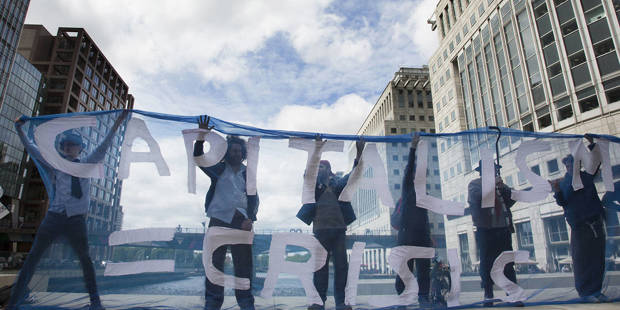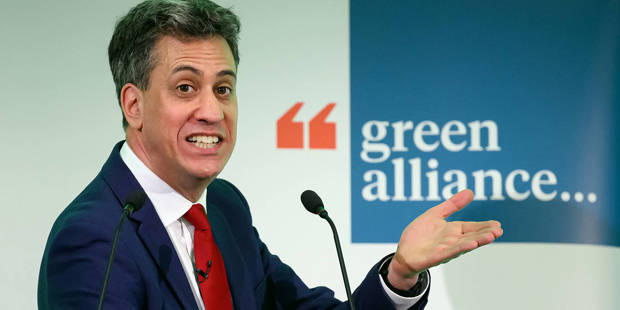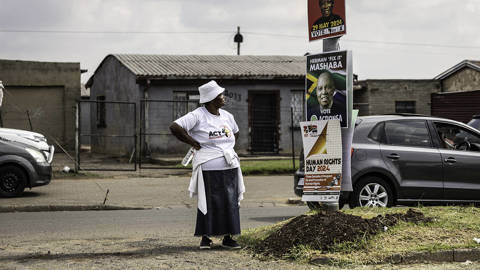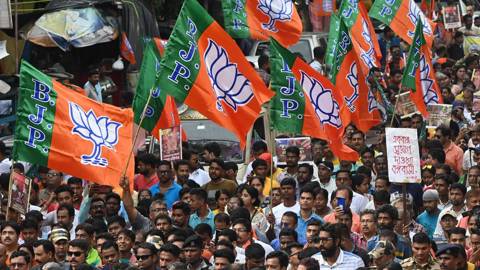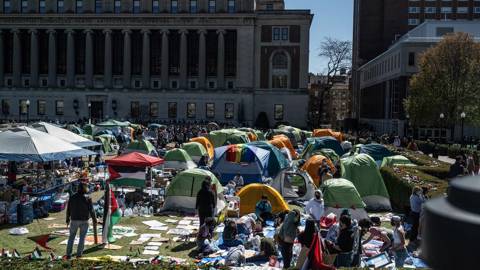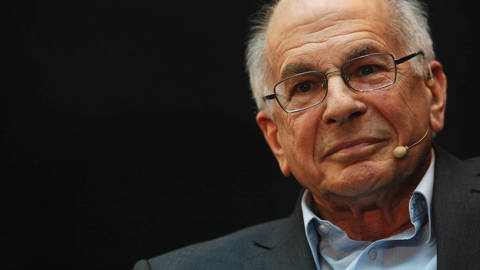Robert Skidelsky is a member of the British House of Lords, Professor Emeritus of Political Economy at Warwick University, and the author of a prize-winning three-volume biography of John Maynard Keynes. He began his political career in the Labour party, was a founding member of the Social Democratic Party, and served as the Conservative Party’s spokesman for Treasury affairs in the House of Lords until he was sacked for his opposition to NATO’s 1999 bombing of Kosovo. Since 2001, he has sat in the House of Lords as an independent. He has also served as a non-executive director of the American mutual fund Janus (2001-11) and the private Russian oil company PJSC Russneft (2016-21). He is the author of The Machine Age: An Idea, a History, a Warning (Allen Lane, 2023).

